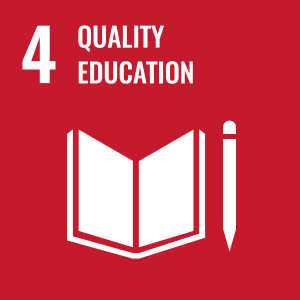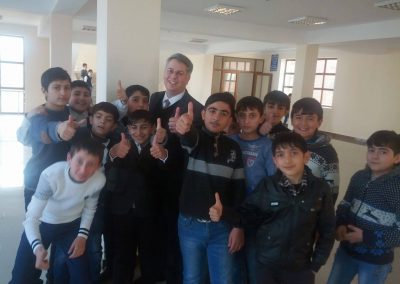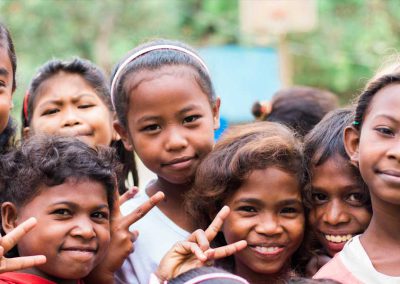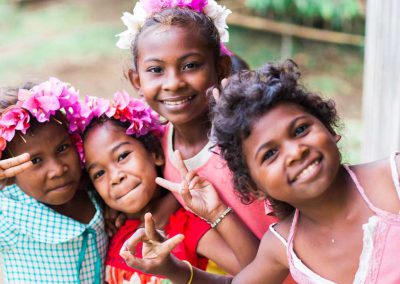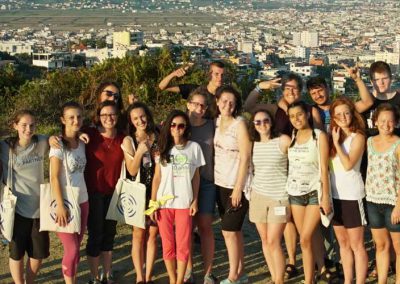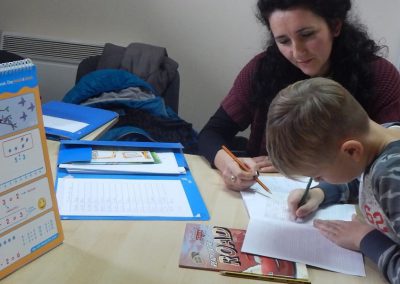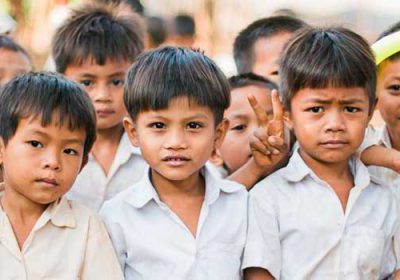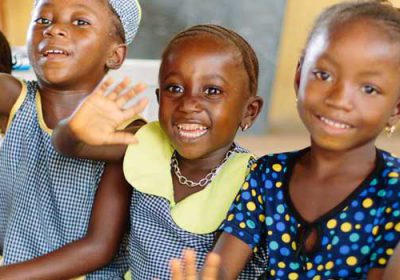Early Childhood Development
Providing early stimulation and learning opportunities for children and best practices for parents and care-givers in vulnerable communities
Project Information
Resources
Community-based, life-changing learning
WHI is supporting the establishment of community-run Early Childhood Development Centers and promoting healthy parenting behaviors in northern Sierra Leone.
According to UNICEF, Early Childhood Development (ECD) is the key to a full and productive life for a child. In fact, in the first years of life, children establish the cognitive, emotional and social foundation upon which they can build their futures. Sadly, country-wide estimates indicate that only 10% of children in Sierra Leone are enrolled in pre-primary school or nursery programs. Pre-school programs are undervalued by parents and unavailable in most low-resource communities, and at-home preparation for entrance into primary school is rare. As a result, a large number of children lack essential school readiness skills upon entering primary school, limiting their ability to reach their full potential.
That is what World Hope is hoping to change through the ECD project, getting children ready for school so they can harness the full opportunities afforded by an education and empowering their parents and caregivers to enable them.
One of the goals of the ECD project is for 10,000 children under five-years-old to participate in early stimulation or early learning activities at specialized community centers and through home visits, and WHI also intends to educate 2,000 caregivers of a child under five about ECD and good child reading skills.
Project Goals
- For 10,000 children under five-years-old to participate in early stimulation or early learning activities at specialized community centers and through home visits
- To educate 2,000 caregivers of a child under five about early childhood development and good child reading skills.
- To promote early childhood development (ECD) for young children under 6 living in poor communities by supporting both young children and caregivers
- To build effective and sustainable community-based ECD models to be scaled up by the Government and other ECD service providers
- To build capacity of government (national and district), NGO/INGO partners, ECD experts, and communities in cross-sectoral ECD work
Expected Outcomes
- Children (boys and girls) under six years (0-2 and 3-5 years old) have access to early stimulation and early learning opportunities at ECD centre and during home visits in 44 communities in Sierra Leone
- Caregivers (parents, grandparents, and other caregivers) have a better understanding about the importance of ECD and good child rearing practices and start to improve their child rearing practices, and
- Caregivers (parents, grandparents, and other caregivers) are also better informed and are supported to access available services for young children and families
- Increased educational success among children aged out of ECD
“I fell in love with the idea of good ECD from that point [of introduction] and felt I had to do more.”
community early childhood development (ECD) workers and mother support group (MSG) members trained on conducting ECD activities in 2018
children aged 0 – 2 years participated in early stimulation activities with their parents/ caregivers at community ECD centers in 2018
children aged 3 – 4 years participated in play-based early learning activities in 2018
How It Works
By engaging in positive, nurturing interactions with their caregivers, infants and toddlers are developing sensory-motor, cognitive, language, social and emotional skills, while older children engage in developmental play. Caregivers are also engaging in workshops to make toys out of local and recycled materials. In each target community, volunteer ECD workers, Mother Support Groups and ECD Management Committees are gaining the knowledge and skills they need to lead and monitor ECD activities both now and in the future.
With WHI’s support, malnourished children are being identified and referred for help, kids are accessing Vitamin A supplements, and deworming is helping more kids stay in school. In collaboration with the Sierra Leone Ministry of Health, WHI’s regular local radio discussions on maternal and child nutrition topics are reaching people across northern Sierra Leone with critical health information.
World Hope originally worked on the pilot for the project with UNICEF as well as the Sierra Leone Ministry of Education, Science and Technology and the Bombali District Council to bring community-run early learning centers to vulnerable communities in northern Sierra Leone.
The ECD Centers are housed in refurbished community structures and provide free early learning activities for children under six, led by trained members of the local community. Each ECD center has a management committee to ensure the centers are maintained and well run. The project is also partnering with WHI’s Mother Support Groups and community theater groups to educate parents and caregivers about appropriate parenting behaviors that promote healthy child development.

